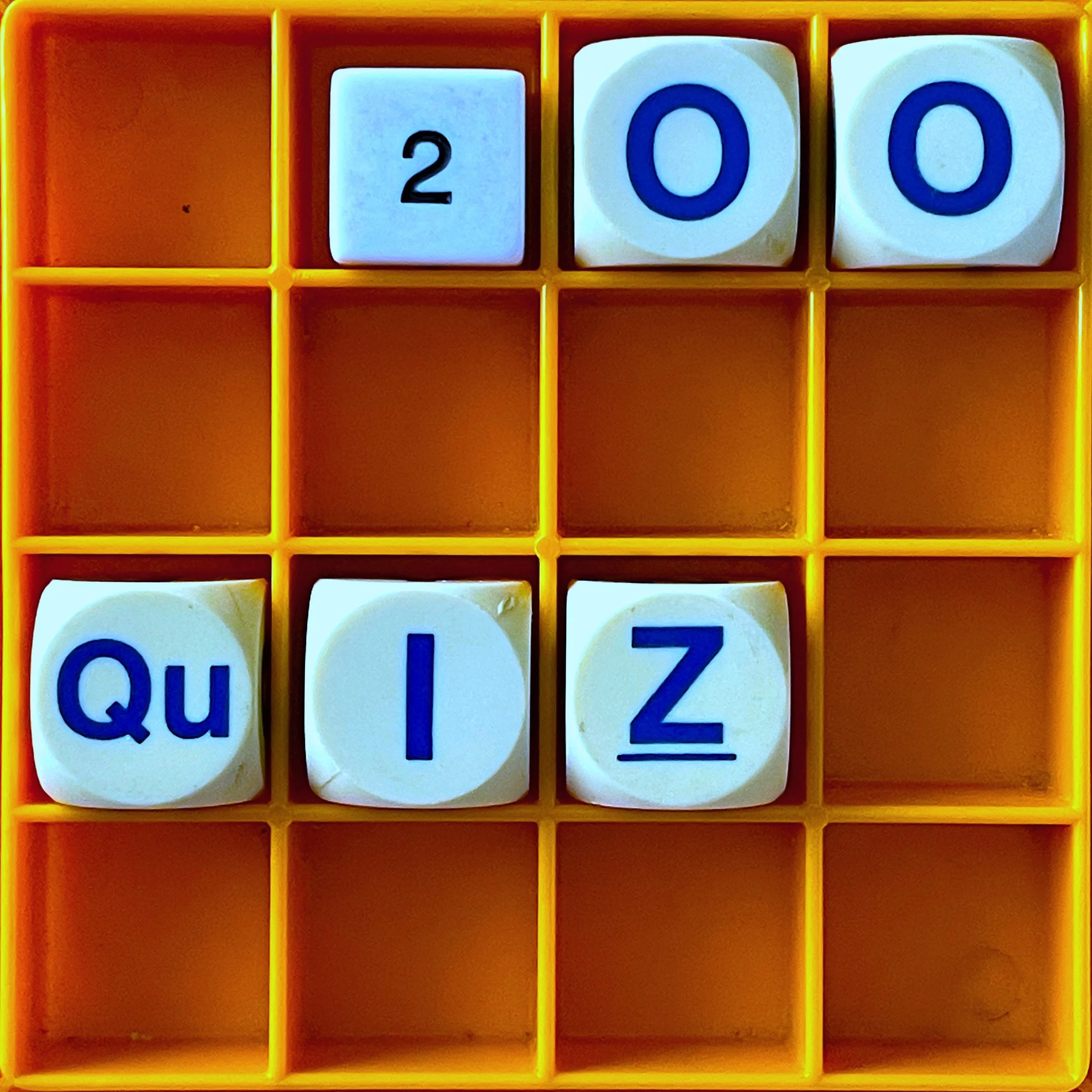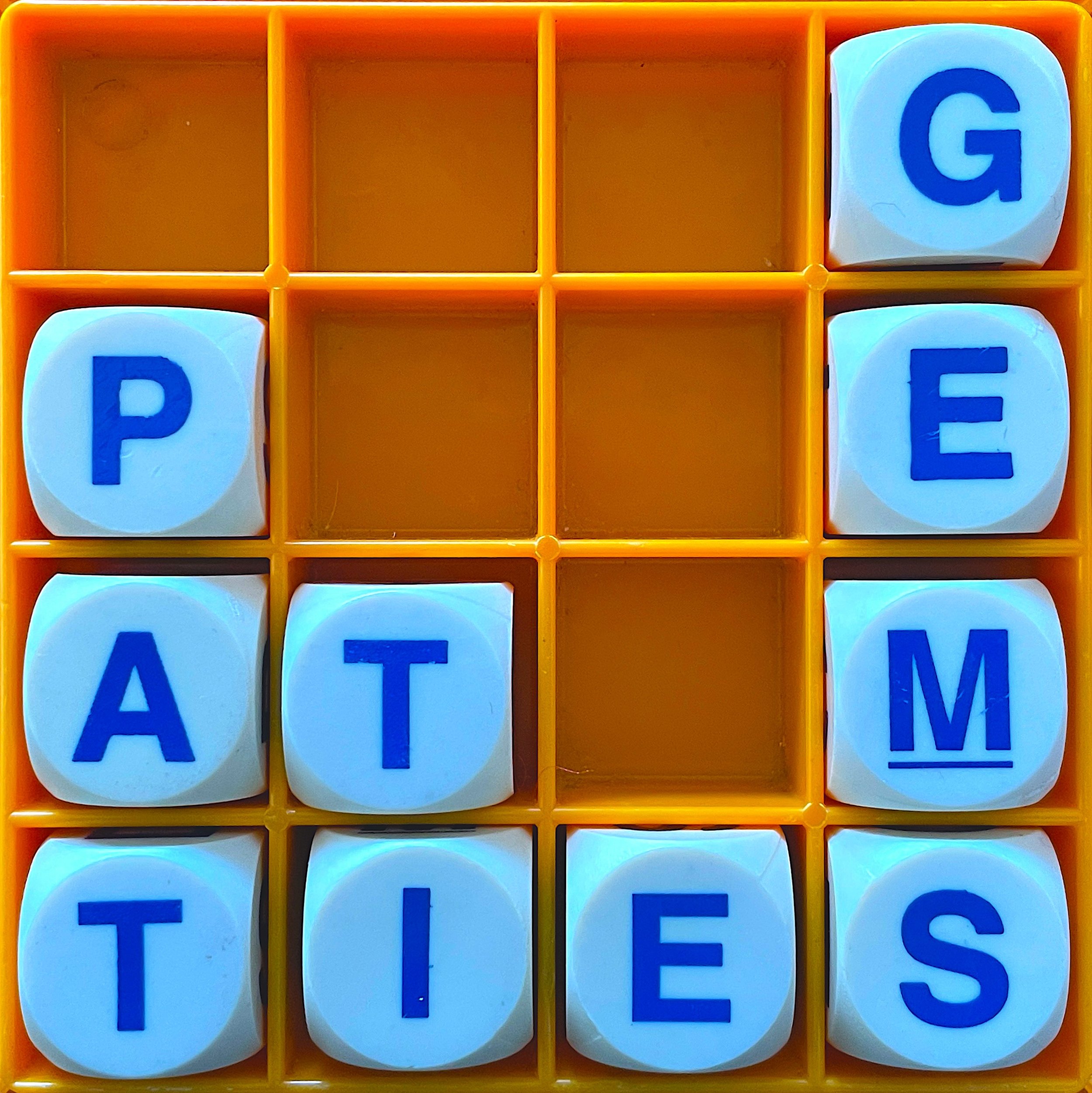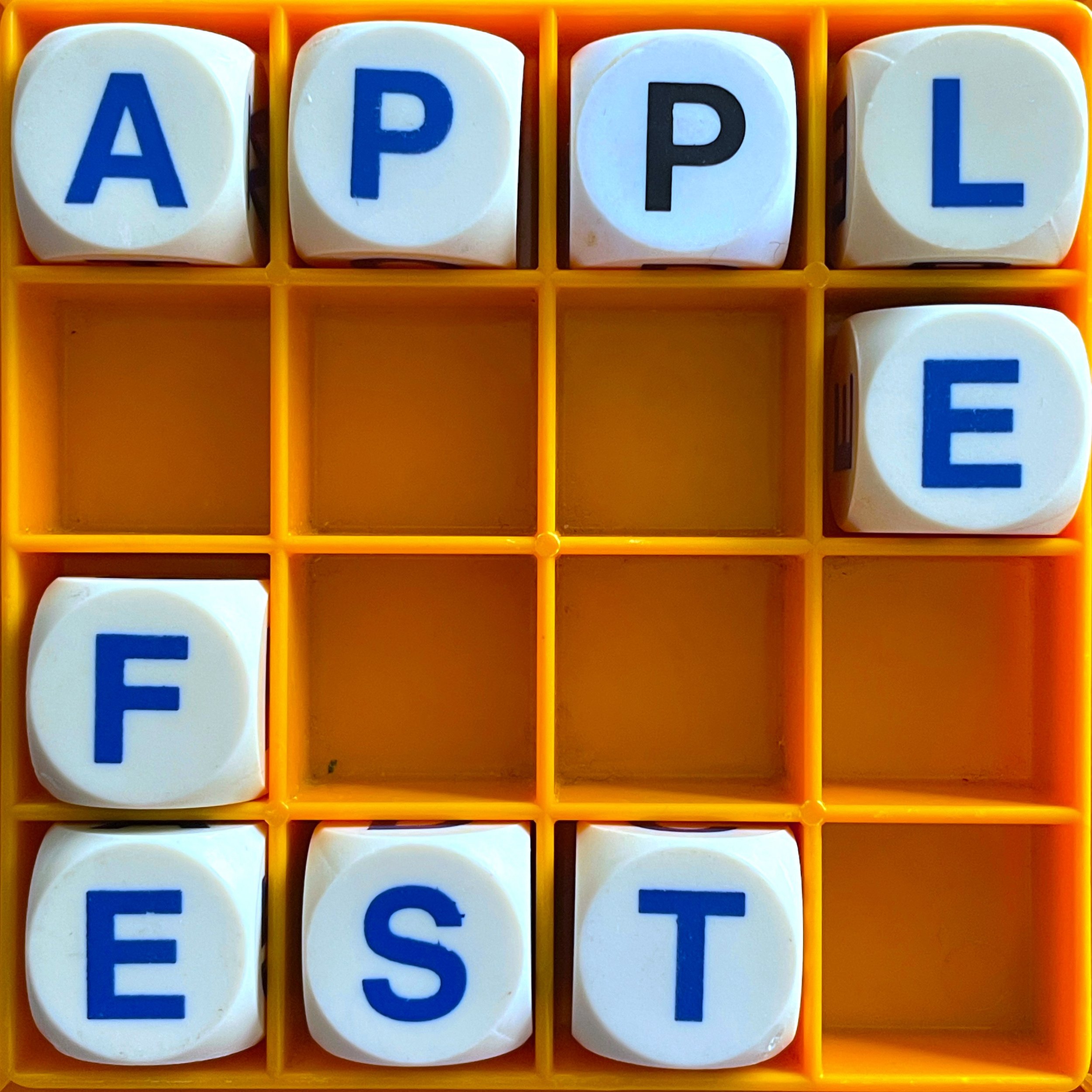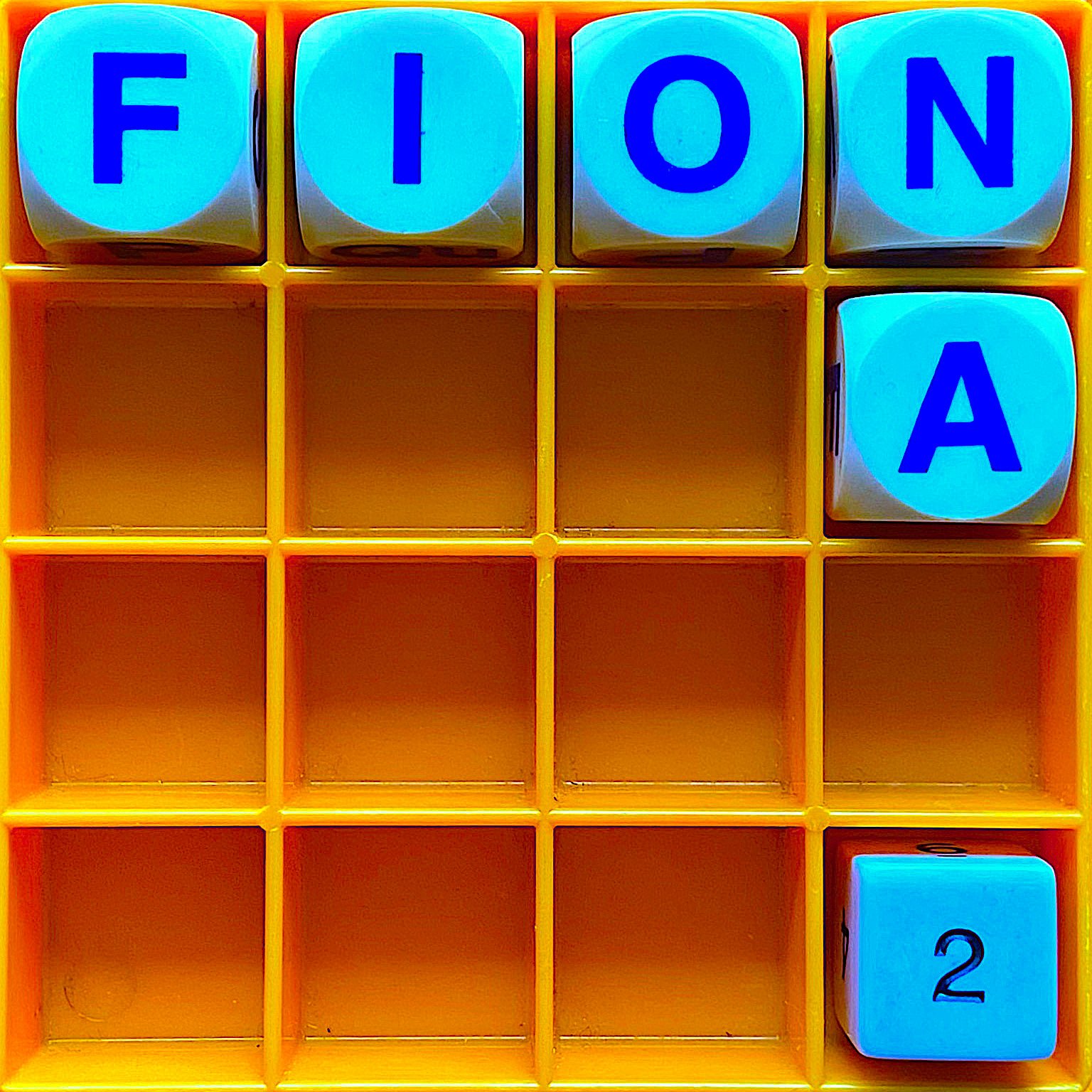It's the annual parade of Bonus Bits - things this year's guests said that I couldn't fit into their episodes, and/or weren't about language, but now is their time to shine.
We've got tricorn hats, changing your dog's name, Boston cream pie, parmesan vs vomit, the placebo effect's negative sibling, the universal blank, headache poetry and bawdy riddles. And more!
Read more









